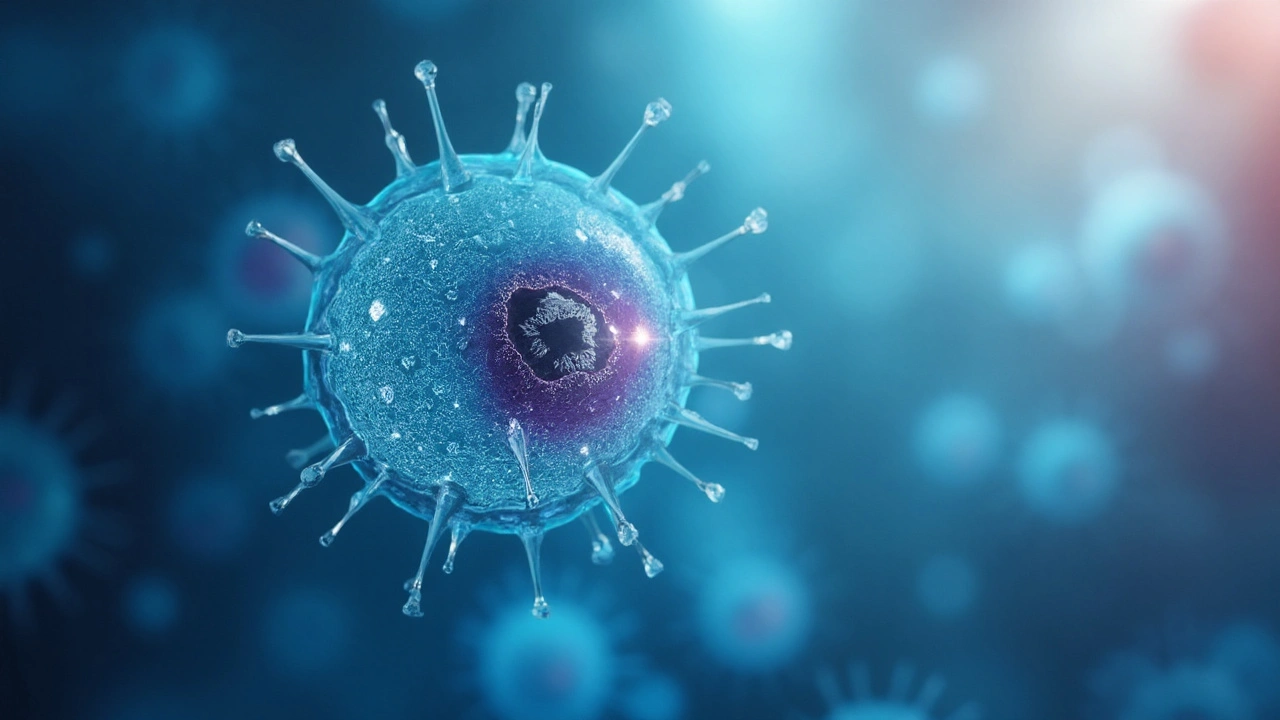Cancer Screening: Quick Guide to Stay Ahead
Ever wonder why doctors keep talking about screening? It’s simple: catching cancer early can mean easier treatment and better outcomes. You don’t need a medical degree to understand the basics, just a willingness to ask the right questions and schedule the right tests.
Why Screening Matters
Think of screening like a smoke alarm. You wouldn’t wait for a fire to blaze before installing one. Early detection works the same way—finding abnormal cells before they turn into a full‑blown tumor. Most cancers don’t show symptoms until they’re advanced, so a routine check can spot problems you can’t feel.
Studies show that regular screening reduces death rates for several common cancers. For example, mammograms have lowered breast cancer mortality by about 20% in women over 50. Colonoscopies catch polyps early, often preventing colon cancer altogether. The key is consistency: follow the schedule that fits your age, gender, and risk factors.
Common Screening Tests You Should Know
Breast cancer: Women aged 40‑74 should get a mammogram every 1‑2 years. If you have a strong family history, your doctor might suggest starting earlier.
Colon cancer: Starting at 45, most people need a colonoscopy every 10 years, or a stool‑based test every year. If you’ve had polyps before, the interval shortens.
Cervical cancer: Pap smears every 3 years for women 21‑65, or a HPV test combined with a Pap every 5 years if you’re 30 or older.
Prostate cancer: Men over 50 should discuss PSA blood tests with their doctor. Some guidelines start at 45 for those with family risk.
Lung cancer: If you’re 55‑80 and have a 30‑pack‑year smoking history (or quit within the last 15 years), an annual low‑dose CT scan can catch tumors early.
These are the most common, but there are others like skin checks for melanoma, liver cancer scans for chronic hepatitis, and blood tests for certain rare cancers. Your doctor will tailor recommendations based on your personal and family history.
Now, you might wonder how to actually get these tests done. Most Canadian provinces cover standard screenings through the public health system, but you often need a referral from your family doctor. If you don’t have a primary care provider, many walk‑in clinics can arrange the referral for you.
Don’t forget the practical side: bring a list of all medications, note any recent symptoms, and ask about preparation steps. For colonoscopies, you’ll need a clear‑liquid diet the day before and a laxative prep. For mammograms, avoid using deodorant or powder on the day of the exam.
Finally, keep a simple tracking system. A calendar reminder, a health app, or a sticky note on your fridge can prompt you when it’s time for your next screening. If a test is overdue, schedule it ASAP—delays can cost you.
Screening isn’t a guarantee you’ll never get cancer, but it’s a powerful tool to catch it when treatment is most effective. Take charge, talk to your doctor, and make those appointments. Your future self will thank you.
Tumor Growth Explained & Why Cancer Screening Saves Lives
Explore how tumors develop, why early detection matters, and which screening methods give the best chance to catch cancer before it spreads.
